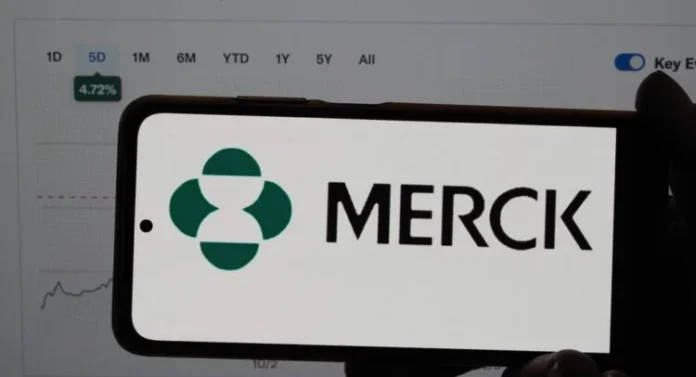Merck said Friday it will expand its respiratory-drug arsenal through a $9.2 billion agreement to acquire Cidara Therapeutics, making one of its most aggressive pushes yet into infectious disease prevention. The move centers on CD388, an experimental antiviral the company believes could reshape global flu preparedness.
The acquisition—structured as a $221.50-per-share cash buyout—marks a massive premium for the California-based biotech. Cidara’s stock more than doubled to about $218 on Friday after the deal was announced. Gibson Dunn & Crutcher LLP advised Merck, while Cooley LLP represented Cidara.
Merck described the purchase as part of its “science-led business development strategy,” emphasizing that CD388 could be a powerful engine of growth “through the next decade.”
CD388 Positioned as a First-in-Class Weapon Against Severe Flu
The deal underscores Merck’s efforts to diversify beyond oncology and secure long-term revenue streams. CD388 is crafted for season-long protection for individuals at heightened risk of flu complications, including older adults and people with chronic conditions.
Unlike vaccines—which depend on a patient’s immune response—CD388 uses a drug-antibody fusion designed to directly neutralize influenza, bypassing immune variability. The medicine is currently in a Phase 3 trial involving 6,000 participants across the U.S. and U.K., following mid-stage data showing it prevented symptomatic flu in healthy adults. Those results helped the drug earn Breakthrough Therapy designation from the U.S. Food and Drug Administration.
An interim analysis of the late-stage study is expected in early 2026, aligning with Merck’s anticipated closing timeline for the acquisition. With influenza still responsible for significant global hospitalizations and deaths, Merck said CD388 could become a product with steady, predictable demand.



